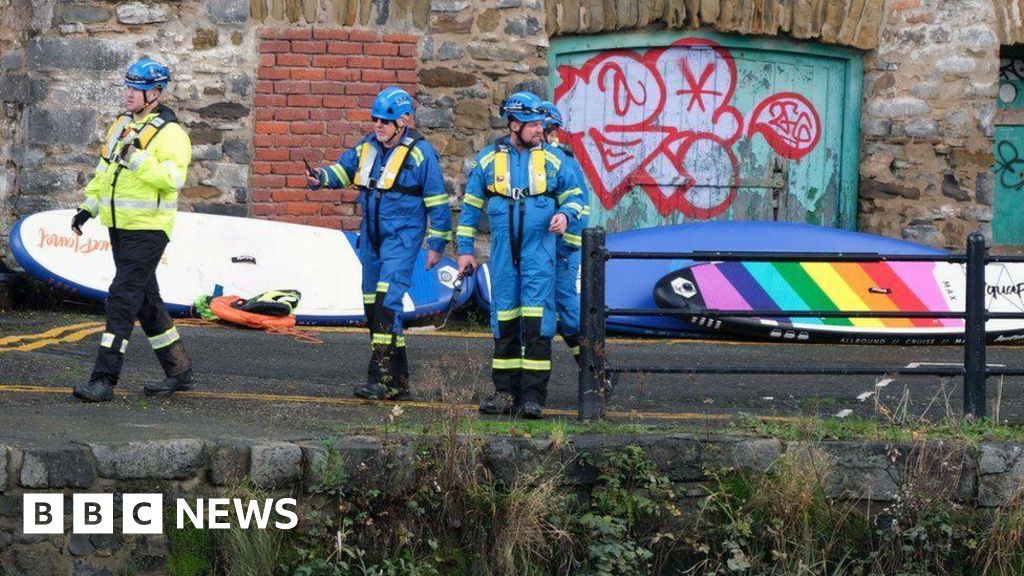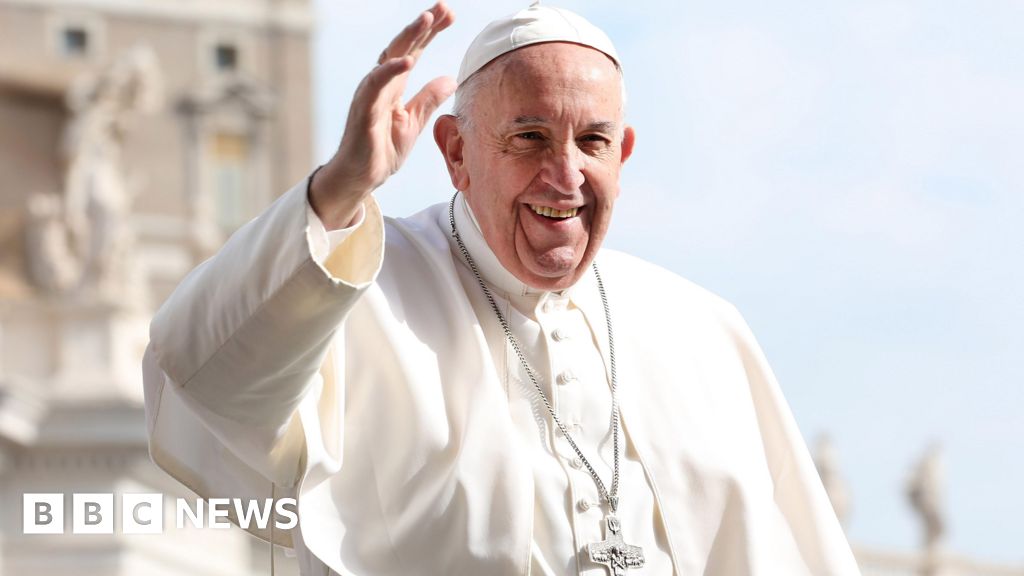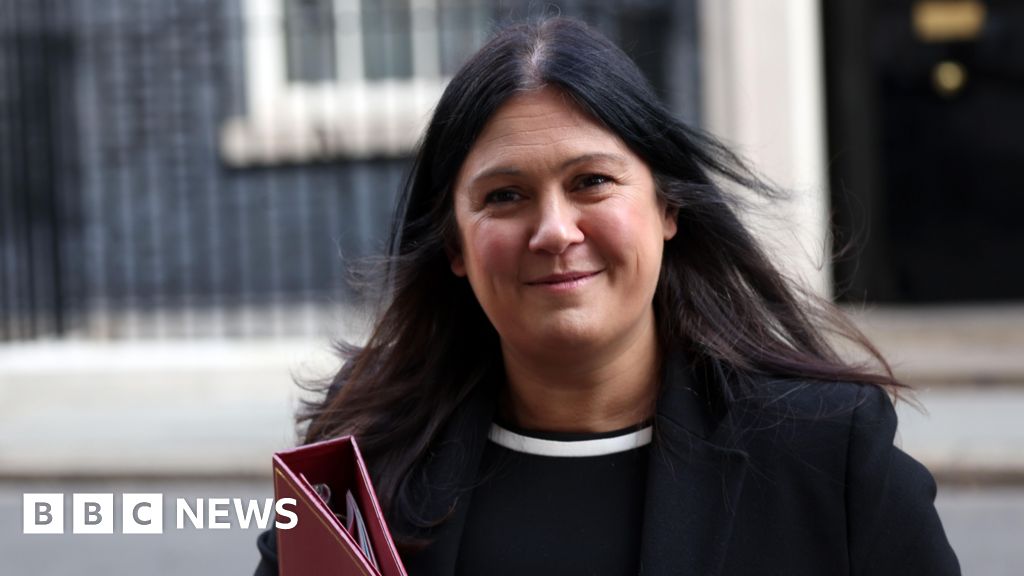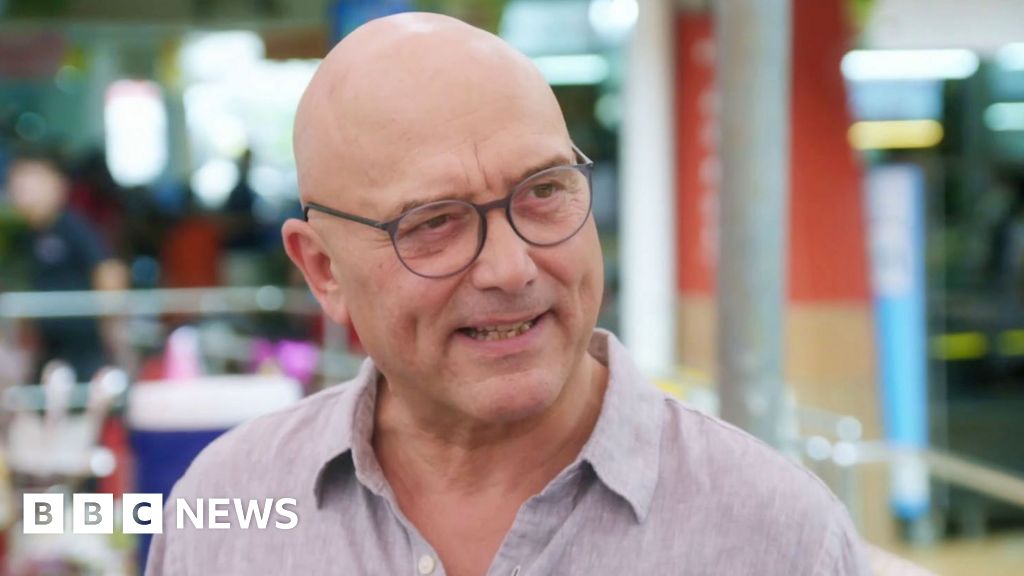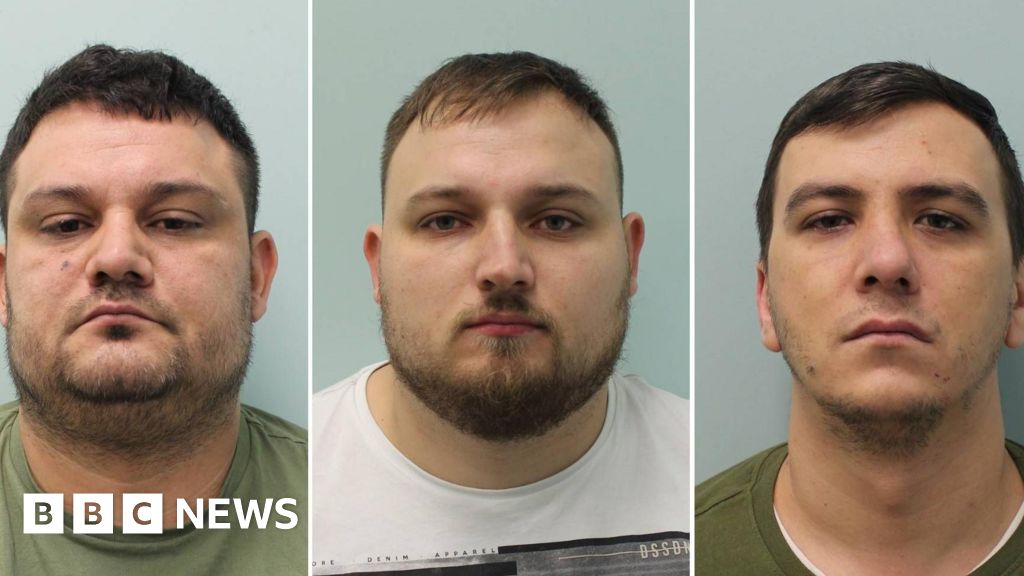The acquisition of Royal Mail by Czech billionaire Daniel Kretinsky will undergo a government investigation, including an inquiry into possible links with Russia, according to sources at the BBC. Authorities have ‘called in’ the purchase of the postal service’s parent company for scrutiny under the National Security and Investment Act. While the bid will be suspended during the investigation, it does not necessarily mean that Kretinksy has withdrawn from the deal. Although the government may block the deal, a previous review into Kretinsky’s increased stake in Royal Mail found no cause for concern. The businessman has declined to comment.
This latest probe will reportedly go further than the previous investigation, as Kretinsky is attempting to purchase the entire parent company in a £5bn deal, including its assumed debts, rather than just a stake. Kretinsky’s companies possess a gas transmission business called EUStream that transports Russian gas into Europe, albeit with the permission of the European Union. However, the businesses do not purchase or trade in Russian gas.
In addition to examining Kretinsky’s links with Russia, officials will scrutinize whether the UK could suffer harm from the private acquisition of a postal service that has delivered mail since its establishment by Henry VIII. Individuals involved in the deal have informed the BBC that discussions between Kretinksy’s team, Business Secretary Jonathan Reynolds, and government advisers are ‘ongoing and constructive.’
The investigation could last up to two months, although government officials indicated that they hope a decision can be reached more quickly. Reynolds held direct discussions with Kretinsky recently and indicated that an investigation seemed likely. The Cabinet Office will run the investigation, with input from the Department for Business and Trade.
Despite Kretinsky assuring the BBC that he would ‘never walk away’ from Royal Mail’s commitment to delivering mail six days a week throughout the UK, the investigation will proceed. He provided written assurances of his intent to honour the Universal Service Obligation but limited himself to five years. However, during an interview with the BBC earlier in the month, he stated that as long as the service was required, and he was alive, Royal Mail would be the provider of the Universal Service Obligation
Read the full article from The BBC here: Read More







